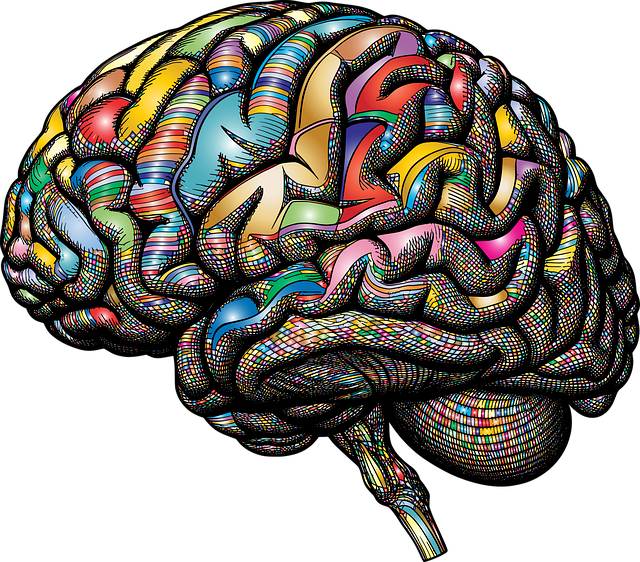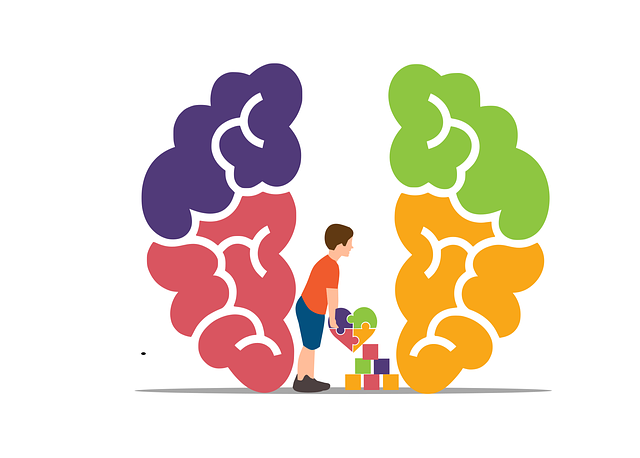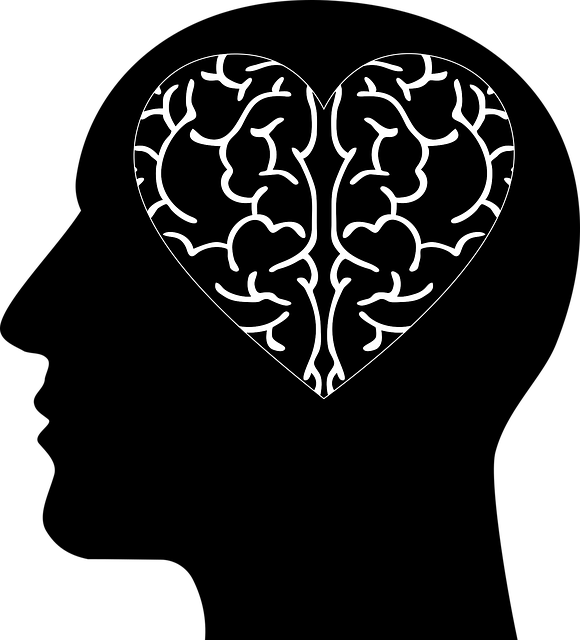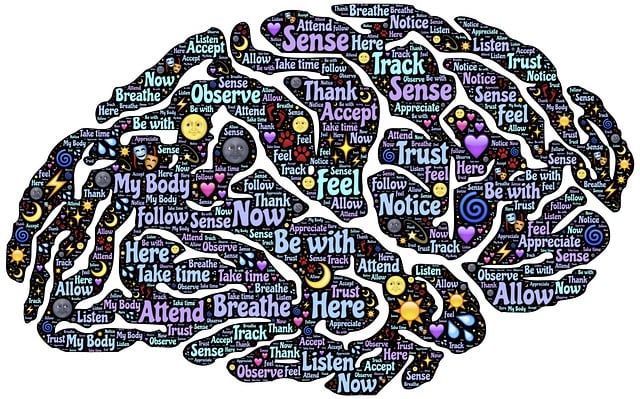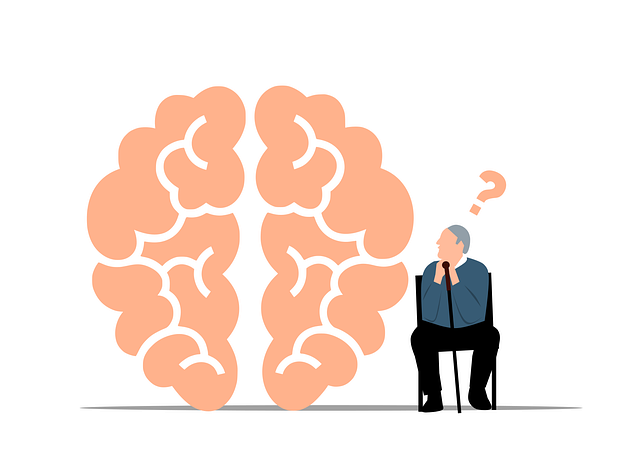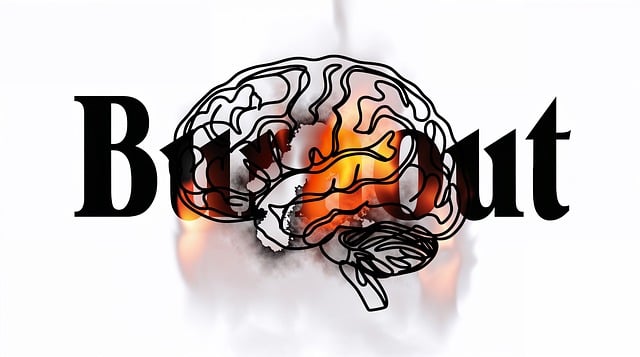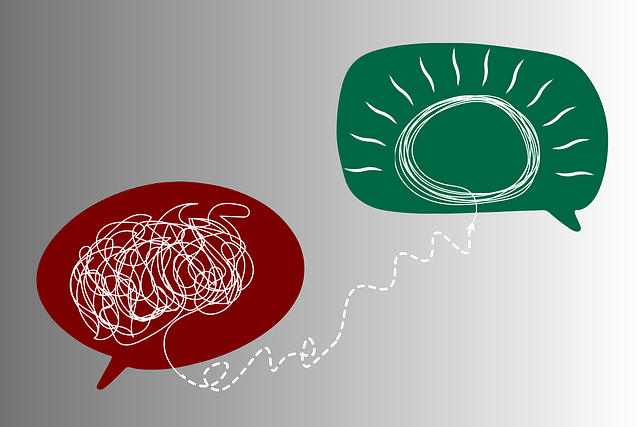Boulder Couples Communication Issues Therapy prioritizes mental wellness program evaluation for personalized, effective treatment. This involves qualitative and quantitative methods assessing client progress, from short-term surveys to long-term follow-ups, tracking improvements in communication, coping strategies, and overall mental health. By combining these approaches, the therapy optimizes its data-driven strategies, ensuring sustained positive outcomes and fostering emotional well-being within diverse communities.
Mental wellness program evaluation is a critical aspect of delivering effective therapy, especially in addressing complex issues like Boulder couples communication problems. This article delves into the foundational knowledge and various methods employed to assess mental health programs, focusing on qualitative and quantitative approaches. We explore how evaluating short-term and long-term impacts can enhance therapy outcomes. By understanding evaluation strategies, professionals can continuously improve services, ensuring better mental wellness for couples navigating communication challenges in Boulder and beyond.
- Understanding Mental Wellness Program Evaluation: A Foundation for Effective Therapy
- Boulder Couples Communication Issues: Uncovering Challenges and Strengths
- Evaluation Methods: Qualitative vs Quantitative Approaches
- Assessing Program Impact: Short-term and Long-term Considerations
- Enhancing Therapy with Data: Continuous Improvement Strategies for Mental Health Programs
Understanding Mental Wellness Program Evaluation: A Foundation for Effective Therapy

Mental wellness program evaluation is a cornerstone of effective therapy, providing a structured approach to understanding and improving individuals’ mental health. For Boulder Couples Communication Issues Therapy, this process involves meticulous assessment and ongoing monitoring of clients’ progress. By employing evidence-based methods, therapists can tailor interventions to specific needs, be it addressing communication challenges or fostering inner strength development.
Evaluation isn’t just about diagnosing; it’s a dynamic tool that guides treatment plans. For instance, Social Skills Training may be incorporated to enhance interaction and reduce conflict, while Trauma Support Services could be crucial for processing past experiences. This multifaceted approach ensures that each aspect of an individual’s mental wellness is considered, fostering holistic healing in a supportive environment.
Boulder Couples Communication Issues: Uncovering Challenges and Strengths

In Boulder Couples Communication Issues therapy, the process of uncovering challenges and strengths is a nuanced and critical step in fostering healthy relationships. This involves delving into the unique dynamics between partners, where each brings their own experiences, beliefs, and communication styles. Through effective counseling, therapists help couples identify patterns that may hinder open dialogue, such as defensiveness, lack of active listening, or misaligned expectations. By creating a safe space for expression, professionals enable partners to develop healthier ways of communicating their needs, desires, and concerns.
Boulder Couples Communication Issues therapy also leverages the opportunity to build resilience by teaching effective coping strategies and conflict resolution techniques. This includes enhancing cultural competency among healthcare providers, ensuring they are attuned to the diverse backgrounds and perspectives within the couple. Moreover, risk assessment for mental health professionals is integral to this process, as it helps identify potential triggers or vulnerabilities that might impact a couple’s communication and overall well-being.
Evaluation Methods: Qualitative vs Quantitative Approaches

When evaluating mental wellness programs, particularly those focusing on sensitive areas like Boulder Couples Communication Issues Therapy, it’s crucial to understand the distinction between qualitative and quantitative approaches. Qualitative methods delve into participants’ experiences, perceptions, and narratives, offering rich insights into emotional healing processes and the impact of therapy on personal relationships. These techniques, often employed in smaller-scale studies, allow for depth and context, providing a nuanced understanding of complex issues.
In contrast, quantitative evaluations focus on measurable data and statistical analysis. By employing surveys, questionnaires, and risk assessment tools tailored for mental health professionals, these methods gauge the effectiveness of programs on a larger scale. For instance, a Community Outreach Program Implementation might use quantitative measures to track improvements in mental health outcomes over time. While less detailed than qualitative approaches, they offer a broader perspective, helping to identify trends and areas requiring further attention in the emotional healing landscape.
Assessing Program Impact: Short-term and Long-term Considerations

Evaluating the impact of a mental wellness program involves considering both short-term and long-term effects. In the immediate aftermath of participation, surveys and feedback sessions can gauge participants’ perceptions of improved emotional well-being promotion techniques and stress reduction methods. These qualitative and quantitative measures help assess the direct benefits of the program, such as enhanced social skills training and better coping strategies.
However, the true measure of a successful mental wellness initiative lies in its sustained impact. Long-term follow-up assessments can reveal whether participants continue to employ learned techniques months or even years later. For instance, couples communication issues therapy in Boulder has shown promising results when evaluated over extended periods, demonstrating improved relationship dynamics and overall mental wellness among participating couples.
Enhancing Therapy with Data: Continuous Improvement Strategies for Mental Health Programs

In today’s digital era, leveraging data offers a transformative opportunity to enhance therapy and mental health programs. By implementing continuous improvement strategies, such as collecting client feedback, analyzing treatment outcomes, and utilizing evidence-based practices, Boulder Couples Communication Issues Therapy can optimize its effectiveness. This data-driven approach allows therapists to tailor interventions to individual needs, ensuring that Emotional Well-being Promotion Techniques are targeted and impactful. Public Awareness Campaigns Development and Self-Awareness Exercises can also be enhanced through data insights, fostering a more comprehensive understanding of mental health challenges within the community.
Evaluating mental wellness programs, such as the Boulder Couples Communication Issues therapy initiative, is vital for understanding their effectiveness and making informed improvements. By employing a mix of qualitative and quantitative approaches, professionals can assess both immediate and long-term impacts, ensuring these programs deliver optimal support. This data-driven strategy not only enhances existing therapies but also guides the development of innovative solutions, fostering a healthier and more supportive community for Boulder couples and beyond.
